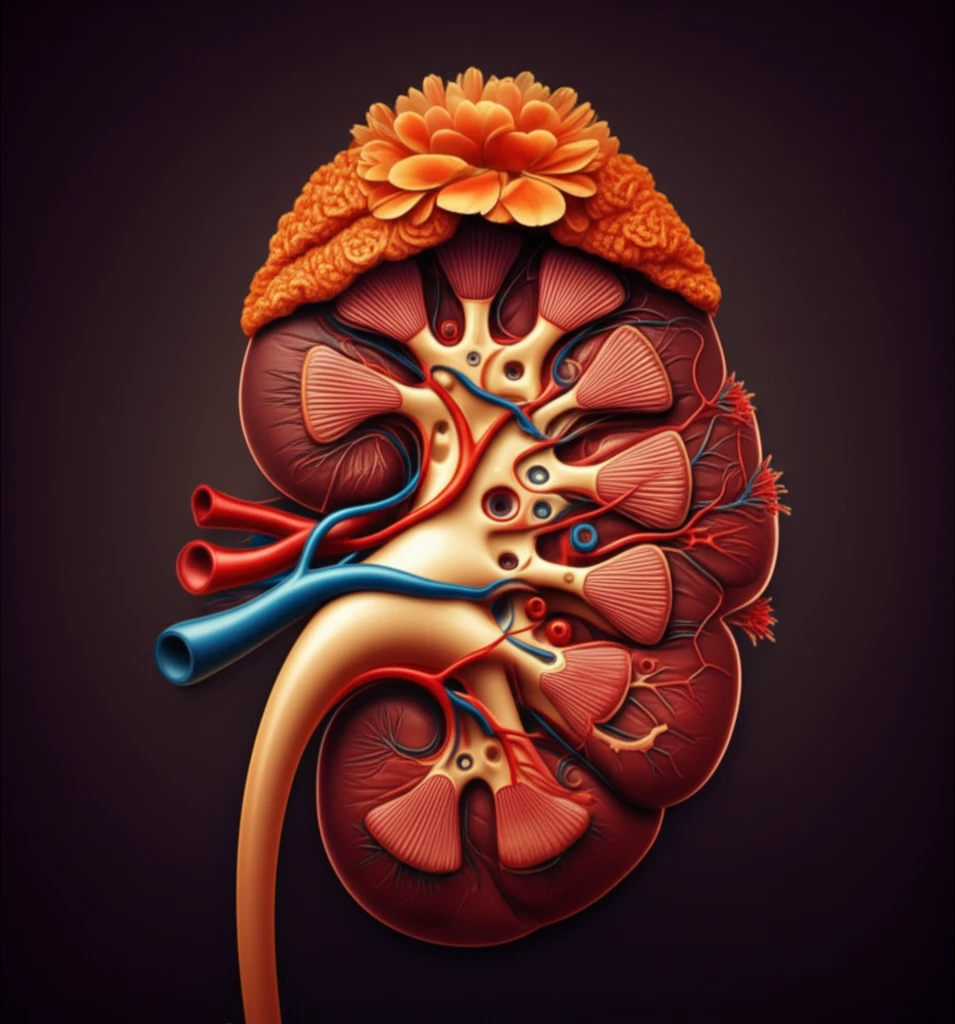
Kidney Donation and Pregnancy: What You Need to Know About the Risks
"A new study sheds light on the potential risks of pregnancy after kidney donation, particularly for younger women. Here’s a breakdown of the findings and what they mean for prospective mothers."
Live kidney donation offers a lifeline to individuals suffering from kidney failure, providing a chance at a healthier, more fulfilling life. However, the decision to become a living donor is a significant one, requiring careful consideration of the potential benefits and risks. Among the key concerns for female kidney donors is the impact of donation on future pregnancies.
For years, medical professionals and potential donors have grappled with questions about the safety and potential complications of pregnancy after kidney donation. While kidney donation is a generous act, it's essential to understand how it might affect a woman's ability to conceive, carry a pregnancy to term, and deliver a healthy baby. The available data has often been limited and sometimes conflicting, leaving many uncertainties.
A recent study published in the journal Clinical Transplantation aimed to provide clarity on this important issue. Researchers delved into the potential risks of adverse maternal and fetal outcomes in women who have donated a kidney, offering valuable insights for those considering donation or planning a pregnancy after donation. This article breaks down the key findings of the study and discusses what they mean for women's health.
Unpacking the Study: What Did Researchers Investigate?

The researchers conducted a matched cohort study, a type of observational study that compares a group of individuals with a specific characteristic (in this case, kidney donors) to a similar group without that characteristic (non-donors). They utilized data from the Intermountain Healthcare Enterprise Data Warehouse, a comprehensive database containing electronic health and administrative information.
- Preterm delivery (delivery before 37 weeks of gestation)
- Delivery via cesarean section
- Longer length of stay in the hospital (more than 3 days)
- Gestational hypertension (new-onset high blood pressure during pregnancy)
- Preeclampsia/eclampsia (a serious pregnancy complication characterized by high blood pressure and organ damage)
- Gestational diabetes (diabetes that develops during pregnancy)
- Infant death/transfer to an acute care facility
- Low infant birth weight (less than 2,500 grams)
Making Informed Decisions: What Does This Mean for You?
The decision to donate a kidney is a personal one, and it's important to weigh the potential risks and benefits carefully. If you are considering kidney donation and are of childbearing age, this study provides valuable information to help you make an informed decision. While the overall risk of pregnancy complications after kidney donation appears to be small, the increased risk of preeclampsia in younger donors is something to discuss with your doctor.
